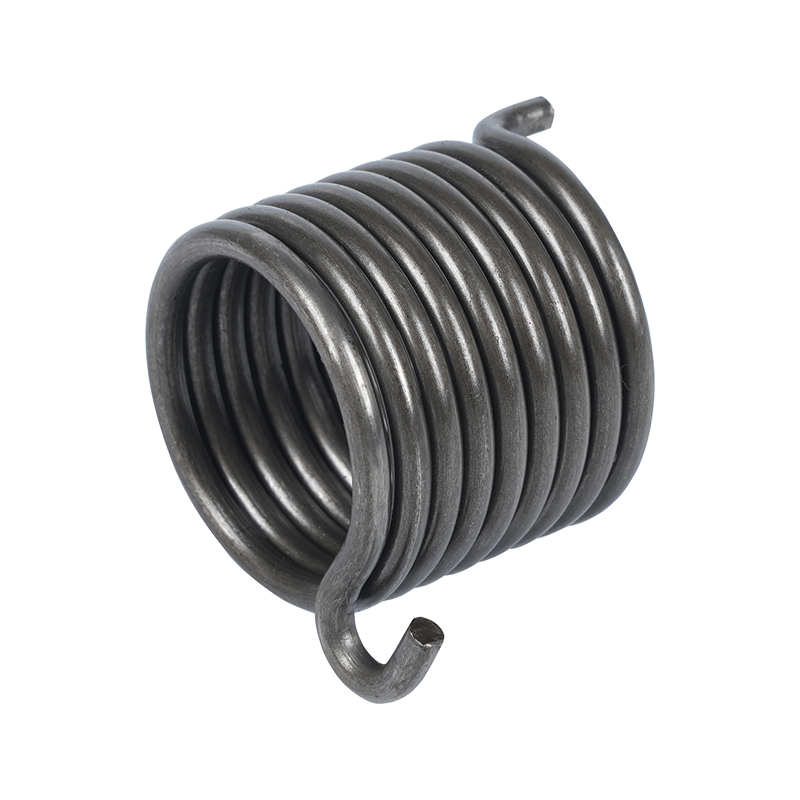Policy-Proofing Production: Strategies for IGBT Module Manufacturers
Wholesale Driver igbt Module Manufacturers Price
In the rapidly evolving landscape of power electronics, Insulated Gate Bipolar Transistors (IGBTs) have emerged as a cornerstone technology, enabling efficient power conversion and control across various industries. IGBT module manufacturers play a pivotal role in this ecosystem, supplying critical components that drive advancements in renewable energy, electric vehicles, and industrial automation. However, the market dynamics for IGBT module manufacturers are not solely driven by technological innovations; policy changes at regional and global levels also exert a significant influence on their operations and market prospects. This article examines the impact of policy shifts on IGBT module manufacturers, focusing on how regulatory frameworks, incentives, and environmental mandates shape their strategies and market conditions.
Policy changes can have a profound effect on the demand for IGBT modules. For instance, the adoption of renewable energy targets by governments worldwide has spurred the growth of the solar and wind energy sectors. These sectors heavily rely on IGBT modules for power conversion, making them a key market for IGBT module manufacturers. As countries implement stricter emission standards and increase their renewable energy capacity, the demand for IGBT modules is expected to rise, providing a lucrative opportunity for manufacturers to expand their production capabilities and invest in research and development.
Similarly, the push towards electrification in the automotive industry, driven by policies aimed at reducing greenhouse gas emissions, has created a surge in demand for IGBT modules in electric vehicles (EVs). IGBT modules are essential for the functioning of EV inverters, which control the flow of electrical energy from the battery to the motor. As governments offer subsidies and incentives for EV purchases, the market for IGBT modules in the automotive sector is poised for significant growth. This has prompted IGBT module manufacturers to tailor their products to meet the specific requirements of the automotive industry, such as enhanced reliability, compact design, and high efficiency.
Environmental regulations also play a critical role in shaping the IGBT module market. Stringent environmental standards can influence the materials and manufacturing processes used by IGBT module manufacturers. For example, the European Union's Restriction of Hazardous Substances (RoHS) directive limits the use of certain hazardous materials in electronic and electrical equipment. This has led manufacturers to develop IGBT modules that comply with RoHS requirements, using lead-free soldering and other environmentally friendly materials. Such regulations not only drive innovation in manufacturing practices but also ensure that IGBT modules are sustainable and compliant with global environmental standards.
Trade policies and tariffs can also impact the operations of IGBT module manufacturers. Changes in trade agreements or the imposition of tariffs on electronic components can affect the cost structure and supply chain of manufacturers. For instance, trade tensions between major economies can contribute to higher import and export costs, potentially reducing the competitiveness of IGBT modules in international markets. Manufacturers may need to adapt their supply chain strategies, seeking alternative suppliers or considering local production to mitigate the impact of trade barriers.
Moreover, intellectual property (IP) policies can influence the competitive landscape for IGBT module manufacturers. Strong IP protection encourages innovation by providing manufacturers with the assurance that their investments in research and development will be protected. Conversely, weak IP regimes can contribute to the proliferation of counterfeit products, which can undermine the market position of legitimate manufacturers and compromise the quality and reliability of IGBT modules.
In conclusion, policy changes have a multifaceted impact on IGBT module manufacturers, influencing their market opportunities, production strategies, and competitive dynamics. Regulatory frameworks that promote renewable energy and electrification create favorable conditions for growth, while environmental and trade policies require manufacturers to adapt their operations to remain competitive. As the demand for efficient power conversion solutions continues to grow, IGBT module manufacturers must navigate the complex interplay of technological advancements and policy shifts to sustain their market position and drive future innovations. The ability of manufacturers to respond to these challenges will be crucial in shaping the trajectory of the IGBT module market in an increasingly policy-driven environment.


 English
English русский
русский Español
Español











